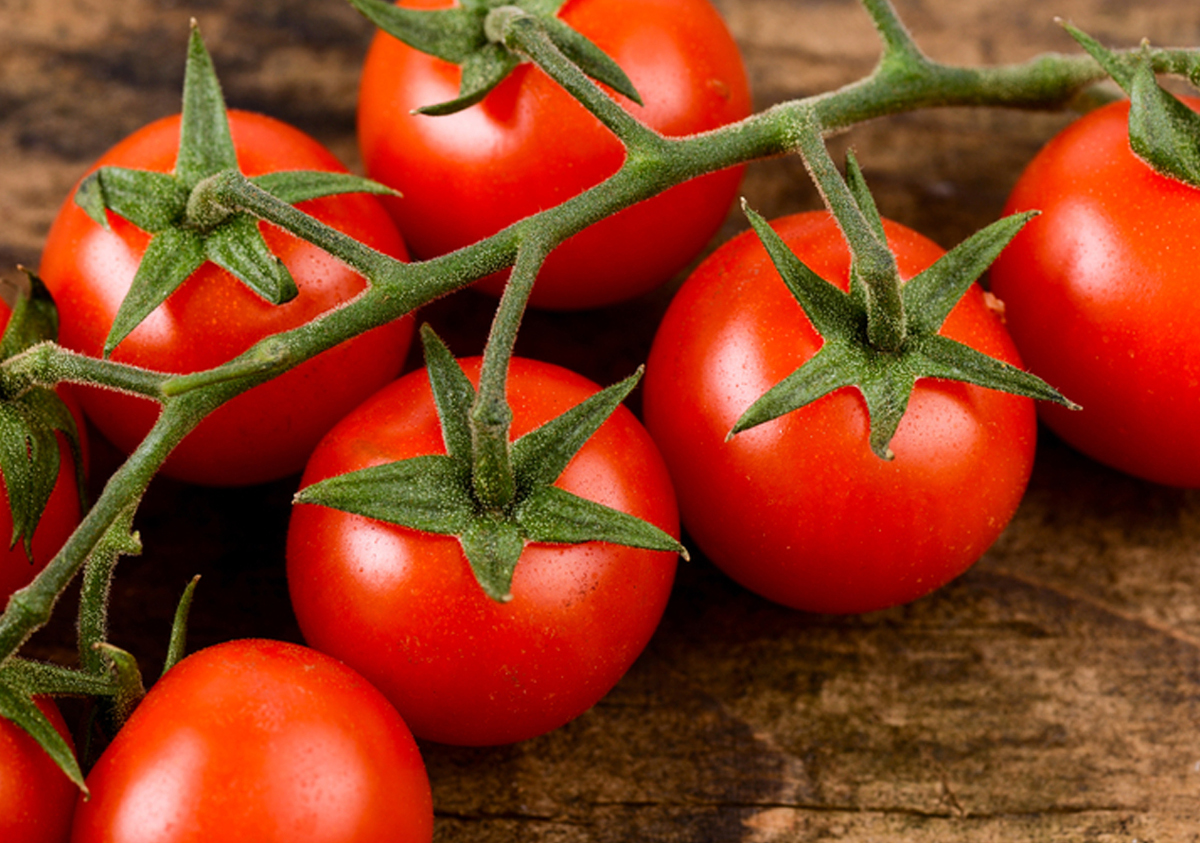The growth of organic tomato industry in Northern Italy seems unstoppable, and its importance is becoming more and more consistent in the supply chain. The numbers of this success were explained during the last edition of Cibus trade show by the OI – Interprofessional organization of tomatoes for industry of Northern Italy.
The growth of the organic tomatoes’ market
In recent years the demand has increased, together with the supply that offers a plus of reliability for organic products. Moreover, the supply chain in Northern Italy has provided for more controls in addition to those established by the regulations for organic certifications. From 1,316 hectares in 2015 to 2,310 in 2017, the value has almost doubled and it represents a substantial share of the 3,800 hectares estimated at national level. In 2018, the cultivated areas can reach, according to what has been contracted, 2,700 hectares in Northern Italy.
Tomatoes’ production in Northern Italy
From the production point of view of, farmers of the twenty processing industries in Northern Italy involved in OI are increasingly specializing. On the whole, they processed 162,000 tons of organic tomatoes cultivated in Italy in 2017. In the OI area, organic tomato is processed mainly to make sauces (for 24,854 tons), pulp (19,410 t), double concentrates (12,283 t), other concentrates (2,378 t), frozen products (206 t), pastes (145 t), and flakes (24 t). The most important destination channel is industrial processing – to obtain other ready products – (56.9%), followed by products for retail (34.1%), and for catering (9%).
OI’s future projects
Producers and processing companies – said Tiberio Rabboni, President of OI – have been involved by OI in several meetings during which they discussed the issue of additional controls that our organized supply chain can ensure, in addition to those required by law regulations for single companies. Having drawn up the ‘Chart of Good Organic Practices’ for the supply chain on this basis, we were pleased to see the inclusion of a specific formal decalogue about organic farming in the new ‘Framework Contract 2018’, signed by producers (OP) and industrial processing companies. Additional controls are therefore the rule for the whole supply chain in Northern Italy. Organic tomato supply chain in Northern Italy is, in other words, reliable as it is organized, transparent, controlled, and self-regulating.

